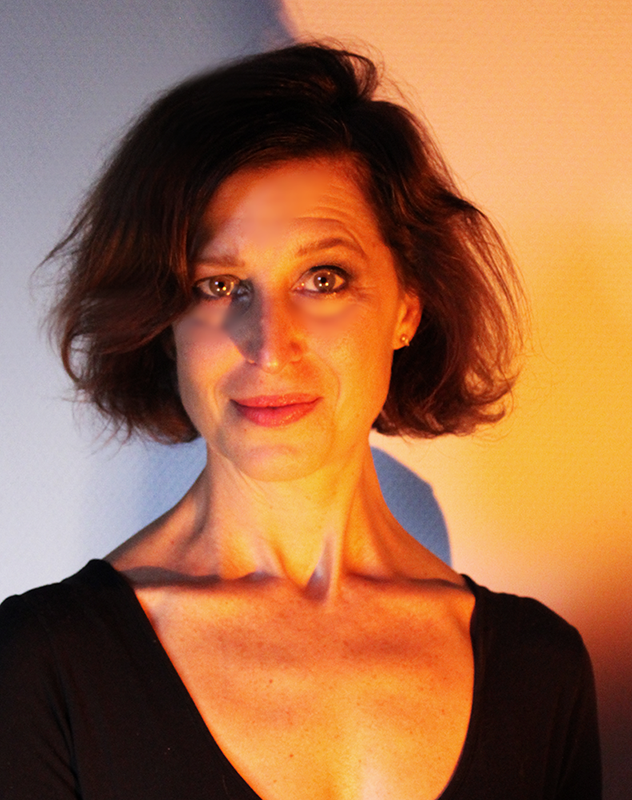Post-covid Leadership
Fiona Passantino, early October 2023
Thanks to the tools a pandemic built, the global “Digital Nomad” culture and lifestyle is a growing phenomenon. The freedom to live in beautiful places while still logging in at work, experiencing high levels of wellbeing that you don’t have at home, draws some 10,000 to the island of Madeira and other tropical islands. I spent some time up close and personal with this famous Nomad community.
A Culture, A Lifestyle
A “Digital Nomad” is a person who uses laptops, smartphones, internet to conduct normal professional activities while traveling and living in various places around the world. Not tied to a physical workplace or location, their office is anywhere with a decent espresso and a reliable internet connection.
More than that, being a “Digital Nomad” is being part of a culture and a lifestyle. The freedom to live in beautiful places while still at work, experiencing high levels of wellbeing and enjoying an uncompromised work-life balance brings thousands to Madeira each year.
There are some 35 million Digital Nomads worldwide[i]. So many of them, that special Digital Nomad visas are offered by many countries to attract this prized type of resident.
Spain’s Nomad visa allows people earning a minimum of €2.200 a month (80% of it from outside Spain), to live and work in the country for a year, with the ability to apply for temporary residency[ii]. Indonesia’s Nomad visa allows for stays up to five years without having to pay taxes for anyone employed by a foreign company[iii].

Case Study: Madeira
The Madeira Digital Nomads have been in force since the days of Covid (see “what’s a “workation?”), and an international case study.
Years later, I am one of those Nomads myself, enjoying a few weeks working in Funchal, seeing this all close up.
By day I work as I might do at home. But when my laptop clicks shut for the day, I hop on my motorbike, buzz down to the sea with my daughter to enjoy a swim in the ocean.
On the way home, we pick up fresh seafood and locally-grown vegetables for dinner.
On weekends, we hike in the mountains, explore the island or watch dolphins from a catamaran.
Madeira is a hotspot for Digital Nomads, and in many ways, the story of how Covid permanently changed our working lives.

A Story of a Pandemic
During the pandemic, the island suffered a devastating loss of its primary livelihood – tourism – essentially overnight. Madeira was a “safe” destination, with strong measures in place. It had fast wifi and a great infrastructure.
Startup Madeira, through the Digital Nomads Madeira Islands project, is a public-private entity responsible for the development of the entrepreneurial and innovative ecosystem across Madeira Island, supported by the Regional Government since 1997.
In 2021, they created a pilot project in in Ponta do Sol. providing the Digital Nomad Village with living, coworking and a community space for foreign remote workers.
CoWork Funchal was a private partner that joined the project at the start. The space is a renovated, 300-year-old school building in the center of Funchal. Lined with colorful tiles and wooden floors, it has the usual shared spaces, offices, facilities and electrical outlets, blazing fast internet and meeting rooms I enjoy at home.
But what this place has that my chilly one in the Netherlands does not is a big, outdoor courtyard working space with palm trees and fruit drinks.
What started as an experiment has become a cultural movement, exceeding all expectations.
Today, this community has 17,000 registered members and 10.000 permanent residents from 138 countries. It’s a community; a culture. A place to plug in and take calls but, equally, a home for Nomads to get help with housing, infrastructure, car and scooter rentals, lawyers… everything a new arrival might need to settle in.

Who Are the Nomads?
Typically, they range in age from 20-40 yrs and are from all over the world. They’re a mix of freelancers, remote employees, entrepreneurs, writers, doctoral students, creatives, writers, tech workers and stock traders.
Some come for a month and some have settled permanently. Many are vegan, causing local restaurants to make a few menu adjustments. Many are surfing or biking enthusiasts. Some are singles, some are couples, some bring the whole family. They are adventurous, open-minded and heavily lifestyle-driven.
Micaela Vieira is the Project Manager at Startup Madeira, in the center of Funchal. She kindly took my questions, showed me around, opened her community to me and let me work for the day. Luis, the tireless community manager, welcomed me to the Nomads’ multiplatform, chatterbox community.
The Nomads gather for lunches on Tuesdays, drinks on Thursdays, singalongs on Sundays and any number of other group activities hosted by the community members themselves, from yoga and meditation to bitcoin lectures, dance classes and pottery, any other day of the week.
And it’s not the only one; there are many others on the island – some partners, some branches of the original location in Ponta do Sol.
Digital Nomadery is a viable way of life, offering the ability to truly live the way you want while still remaining connected to your working life “up north”, if you’re able to arrange it.
And the trend is only growing, with more and more work going digital, more Digital Nomads join the ranks every day for Madeira and other destinations around the world.


No eyeballs to read or watch? There’s a podcast for you!
- Listen to the APPLE PODCAST
- Listen to the SPOTIFY PODCAST
Search for “Post-Covid Leadership Advice” everywhere you like to listen to podcasts. Twice a month, Fiona will dive into the nitty-gritty of employee engagement, communication, company culture and how AI is changing our practices in the workplace. Subscribe so you never miss an episode. Rate, review and share.

About Fiona Passantino
Fiona is an AI Integration Specialist, coming at it from the Human approach; via Culture, Engagement and Communications. She is a frequent speaker, workshop facilitator and trainer.
Fiona helps leaders and teams engage, inspire and connect; empowered through our new technologies, to bring our best selves to work. She is a speaker, facilitator, trainer, executive coach, podcaster blogger, YouTuber and the author of the Comic Books for Executives series. Her next book, “AI-Powered”, is due for release soon.
[i] Wong (2023) “It’s official: Portugal is the best country for digital nomads If you can work from anywhere, these are officially the best countries to do so” Time Out Magazine. Accessed September 27, 2023. https://www.timeout.com/news/its-official-portugal-is-the-best-country-for-digital-nomads-072523
[i] Wong (2023) “It’s official: Portugal is the best country for digital nomads If you can work from anywhere, these are officially the best countries to do so” Time Out Magazine. Accessed September 27, 2023. https://www.timeout.com/news/its-official-portugal-is-the-best-country-for-digital-nomads-072523
[ii] Manning, Oliver, Cunningham, Dickinson, Kelly (2023) “Digital nomad visas: the countries where you can live and work remotely” Time Out Magazine. Accessed September 27, 2023. https://www.timeout.com/travel/digital-nomad-visa-destinations-countries-remote-workers
[iii] Manning, Oliver, Cunningham, Dickinson, Kelly (2023) “Digital nomad visas: the countries where you can live and work remotely” Time Out Magazine. Accessed September 27, 2023. https://www.timeout.com/travel/digital-nomad-visa-destinations-countries-remote-workers

